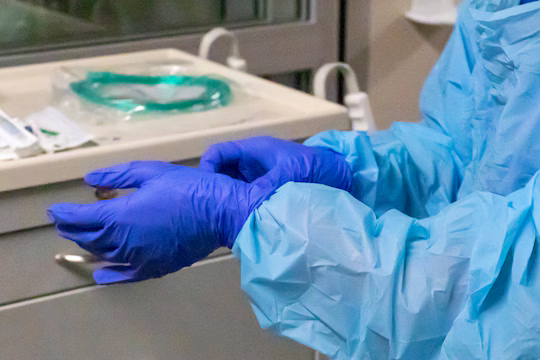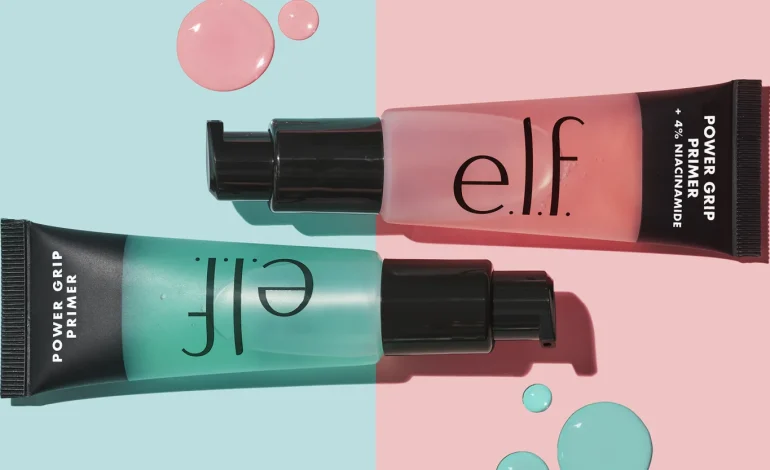Shares of E.l.f. Beauty rose nearly 10% in after-hours trading following the cosmetics retailer’s announcement of a strong 40% sales increase in its second fiscal quarter, prompting the company to raise its full-year earnings and sales projections, CNBC reports.
For the three-month period ending September 30, E.l.f. reported $301 million in sales, surpassing analyst expectations of $286 million. The company’s earnings per share also exceeded forecasts, reaching 77 cents, well above the 43 cents anticipated by Wall Street.
As a result of the strong performance, E.l.f. raised its full-year revenue guidance to a range of $1.32 billion to $1.34 billion, up from the previous range of $1.28 billion to $1.3 billion. Adjusted earnings guidance was also increased, with the company now expecting earnings per share to fall between $3.47 and $3.53, up from the prior outlook of $3.36 to $3.41. Analysts had forecast earnings of $3.51 per share.
CEO Tarang Amin attributed the company’s success to its ability to capture a wide audience, particularly younger shoppers.
“We’re seeing multi-generational appeal on E.l.f. Not only are we the No. 1 brand amongst Gen Z by a pretty wide margin, but we’re also the most purchased brand amongst Gen Alpha and millennials,” Amin told CNBC.
This broad demographic reach has translated into continued growth, with E.l.f. gaining ground across various age and income groups.
E.l.f.’s viral marketing strategy, along with its reputation for offering high-quality, affordable alternatives to prestige beauty products, has helped the brand stand out in a competitive market. As a result, major retailers like Target and Walgreens are planning to expand shelf space for E.l.f. products in the spring.
While the company’s selling, general, and administrative expenses increased by 62% to $186.1 million, E.l.f. managed to maintain a strong gross margin of 71%, reflecting the brand’s ability to effectively manage costs while continuing to innovate.
In addition to its domestic success, E.l.f. has been expanding its international presence, which now accounts for about 21% of total revenue. Amin highlighted that this global exposure positions the company to better navigate potential challenges, including any tariff hikes that may result from policies under President-elect Donald Trump.









